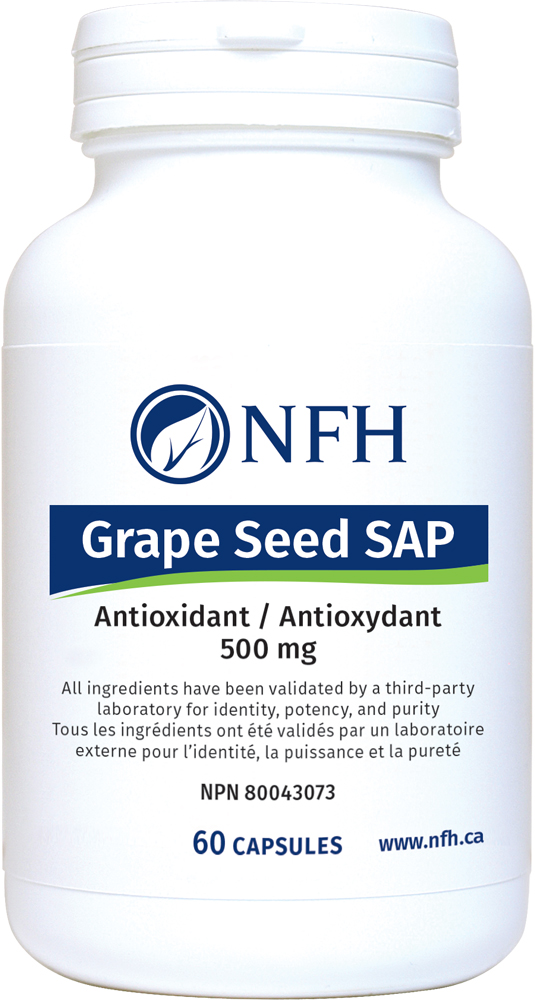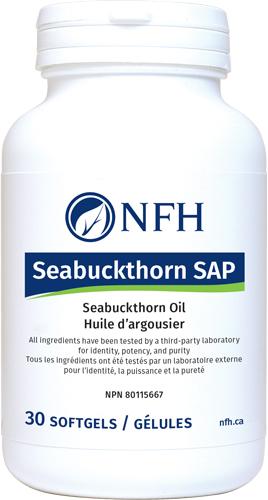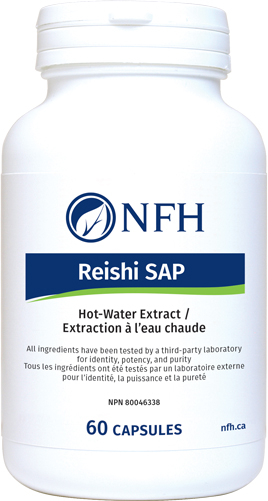Science-based omega-7 fatty acid
Seabuckthorn SAP contains a source of omega‑7 fatty acids also known as palmitoleic acid. Seabuckthorn seed oil and seabuckthorn fruit oil provide essential fatty acids for the maintenance of good health. Seabuckthorn (SBT) is a deciduous shrub that is native to both Europe and Asia. SBT has been used in both Tibetan and Mongolian traditional medicines for helping with fatigue and immune regulation. Omega‑7 oils have been shown to provide benefit in the gastrointestinal system, immune system, and cardiovascular system, as well as supporting healthy hair, skin, eyes, and nails.
Science-based immune and stress support
Reishi SAP is a hot water-extract from the medicinal reishi mushroom, also known by its scientific name Ganoderma lucidum, which has been used in Japan for over 2000 years. This mushroom has been used as herbal medicine to help increase energy and resistance to stress. The reishi mushroom has also been used as a liver tonic as well as to support immune function. Reishi has properties that help support a healthy inflammatory response and exerts antioxidant properties.

GRAPE SEED EXTRACT FOR ANTIOXIDANT PROPERTIES AND INFLAMMATION
SIZE/FORMAT: 60 capsules
SKU: 1063
Grape seed extract for antioxidant properties and inflammation
Grape seed extract (GSE) contains proanthocyanidins, which have been demonstrated to exhibit a wide spectrum of pharmacological, therapeutic, and chemoprotective properties. Studies have demonstrated that GSE can reduce inflammation by inhibiting the formation of inflammatory cytokines and reducing inflammatory mediators. GSE can ameliorate atherosclerosis by reducing inflammation, decreasing MDA-LDL, and decreasing foam-cell formation. GSE has been found to be cytotoxic toward human breast, lung, and gastric adenocarcinoma cells.




